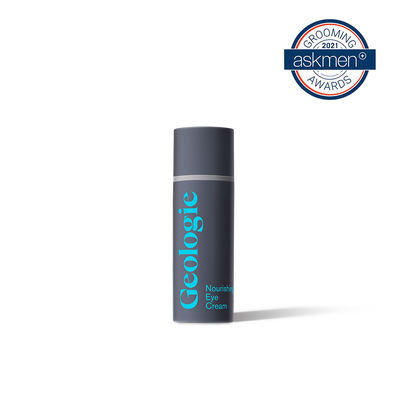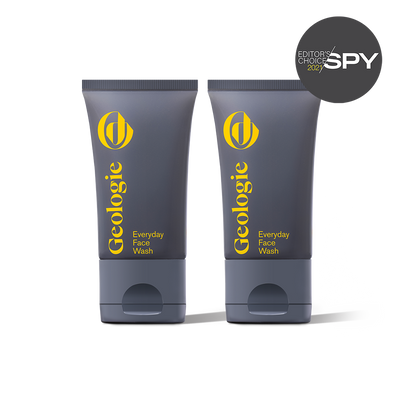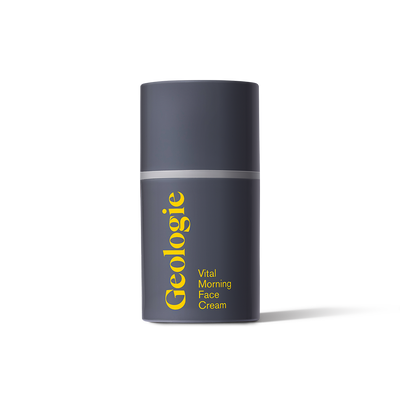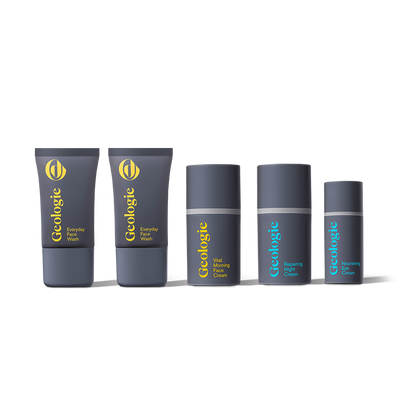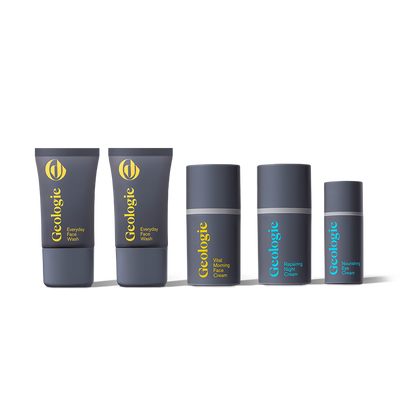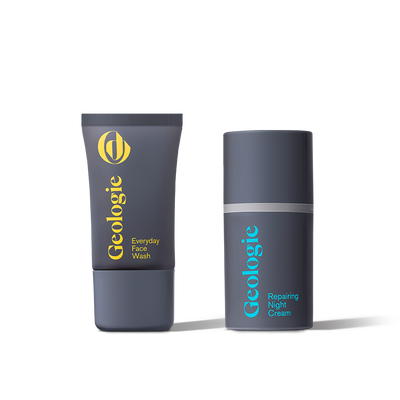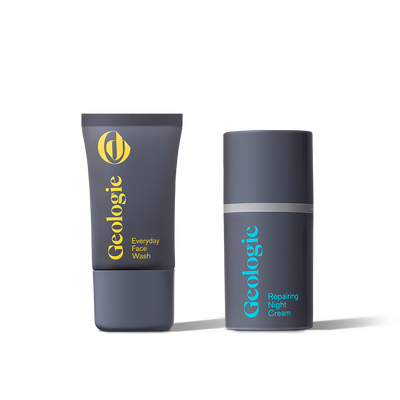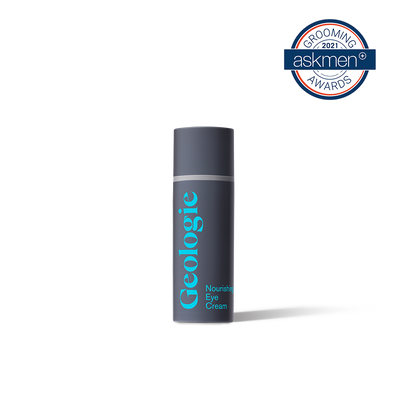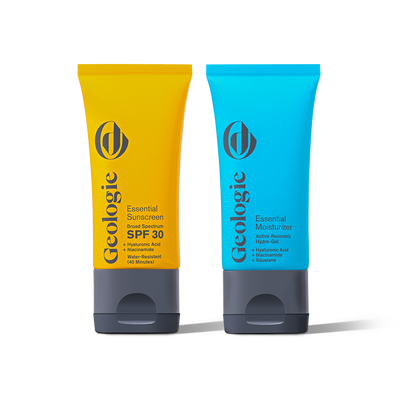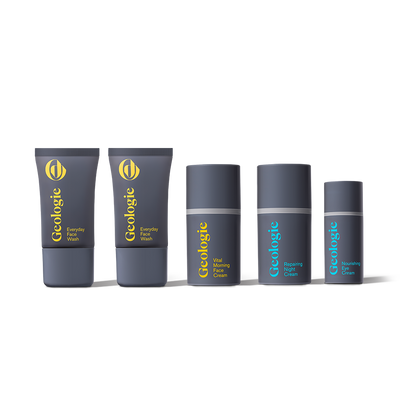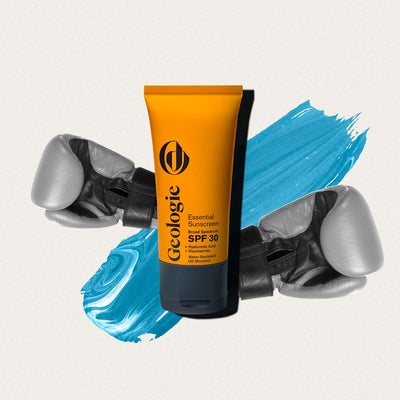
Cortisol, Stress and Its Effects On Your Skin
The last year has been great for Bitcoin, Amazon, and Zoom but not for skin. The pandemic has been stressful for everybody, and when you’re experiencing chronic stress, your body releases a hormone called cortisol into your system. It leads to inflammation of many organs — skin included.
How Cortisol Messes With Your Mug
Cortisol does its damage by making it harder for the skin barrier to keep moisture in and keep allergens, irritants, and pollutants out — the skin’s chief job, a task that relies on oil, water, and the microbiome (the balance of microorganisms that live in the digestive tract.)
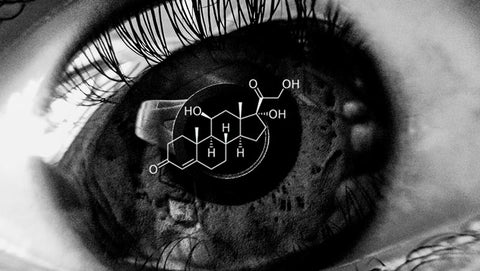
Cortisol depletes them all, inhibiting the production of beneficial oils, hyaluronic acid, and collagen — the latter two of which keep the skin plump and youthful. When you’re not producing enough collagen, your skin gets thinner, and that’s when wrinkles start to form.
At the same time, cortisol cranks up the production of sebum, the oil that’s responsible for acne.
Wait, there’s more: Stress can also prompt the body to produce internal free radicals, unstable molecules that act like little missiles that target cells for destruction. When free radicals target DNA, the result can be skin cancer. When they target collagen, you get fine lines and wrinkles. When they target lipids (the skin’s natural fats), it can lead to dehydration, skin barrier damage, and acne.
Cortisol also leaves the microbiome more sensitive to outside aggressors, like the free radicals generated by pollution.
You Can’t Fight Cortisol, But...
Of course, skincare products can’t address the foundational problem — your stress. They can't limit or counteract the production of cortisol.
But the good news is that there are products that can address the negative effects produced by cortisol. The retinol in our Night Cream helps support collagen production, and the hyaluronic acid in our Vital Morning Cream moisturizes at a deep cellular level. Both repair damage that stress-related inflammation can cause.

Do These Things For Your Stress
I have patients ask me all the time, “are there things that I can do to control my stress and therefore control my stressed skin?”
I tell them that some studies suggest antioxidants can address and prevent free radical damage by stabilizing molecules that can leave skin clearer, calmer, brighter and more even toned.
So it’s never a bad idea to stock up on vitamins A and C (in fruits and vegetables), lycopene (in tomatoes), astaxanthin (salmon) and polyphenols (green tea, dark chocolate).
Of course, exercise increases antioxidants too, and lowers cortisol levels, which could mean fewer breakouts and a stronger skin barrier.
But I tell my patients that the concept of “stressed skin” is difficult to determine, so there’s no guarantee that these lifestyle choices will give you better skin.
Why? Because when it comes to skin aging, stress is only one contributor, alongside weather changes, life changes, sun exposure, where you live, your genetics, your job, etc. That's why skin problems are very common, and why most people need things that give their skin a helping hand. Everyone can benefit from personal care products. That's why they're so popular.
Are you working out? Eating antioxidants and sleeping well? If you are — great. Complete the wellness circle and take care of your skin. Reach out, we’re here when you’re ready to get the best face of your life.

